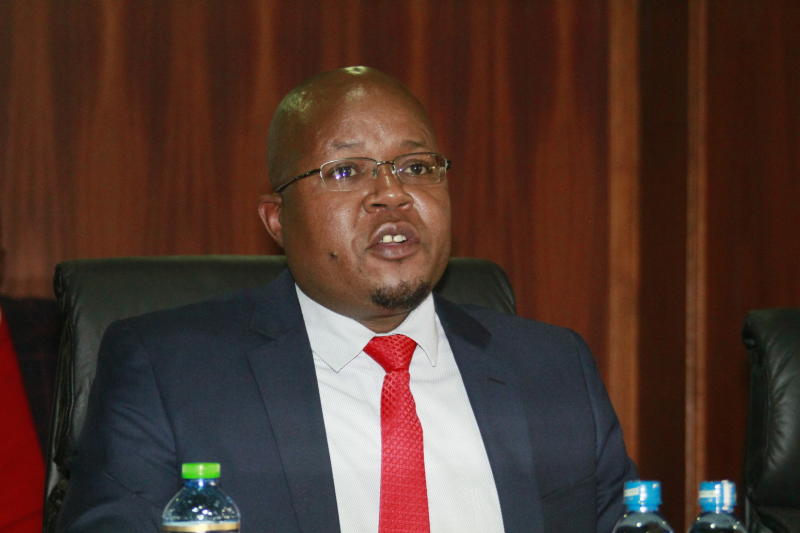×
The Standard e-Paper
Kenya’s Boldest Voice

NAIROBI, KENYA: Parliament has criticised the energy regulator for increasing electricity charges for domestic consumers.
The National Assembly’s Departmental Committee on Energy also said reducing the number of subsidised units that low-end consumers can utilise in a month had locked out many Kenyans who might not meet the criteria of the middle-income segment that they have now been bundled into.